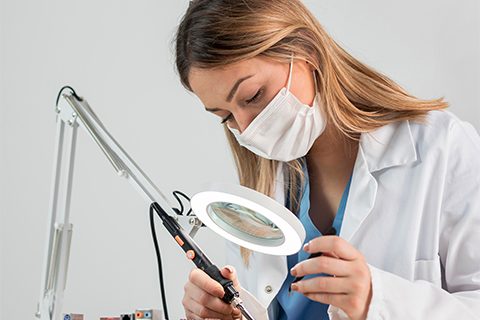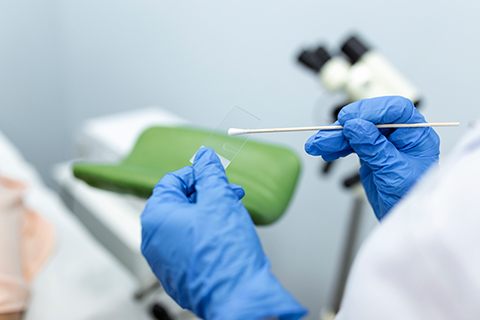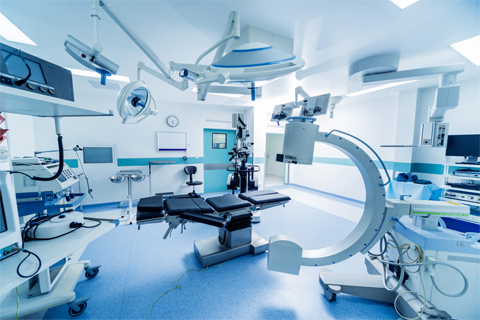The Impact of QMS on PMS

Post-market Surveillance (PMS), in the context of Quality Management Systems (QMS), refers to the systematic approach to collecting, recording, and analyzing data on the quality, performance, and safety of a medical device throughout its entire lifecycle, actively and continuously. This process is an integral part of a manufacturer’s QMS. It is essential for ensuring that a medical device continues to meet its intended purpose and remains compliant with the Essential Principles of Safety and Performance.








